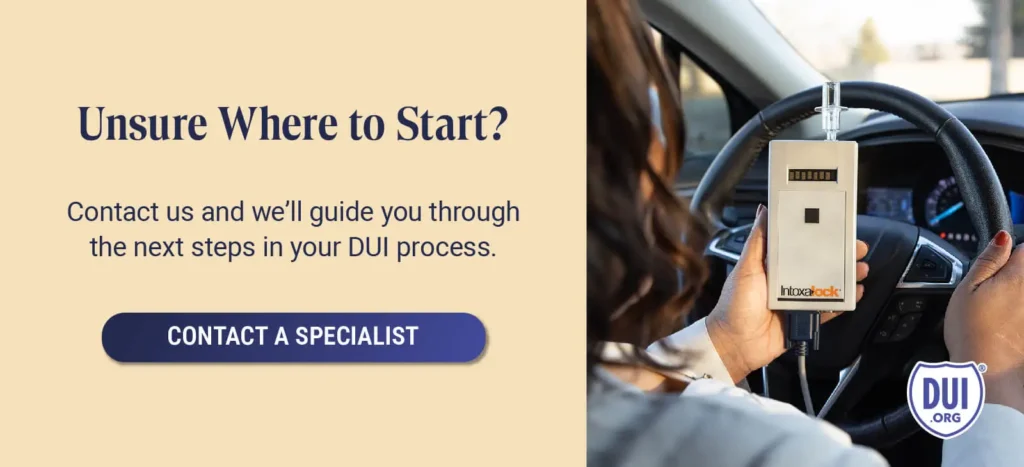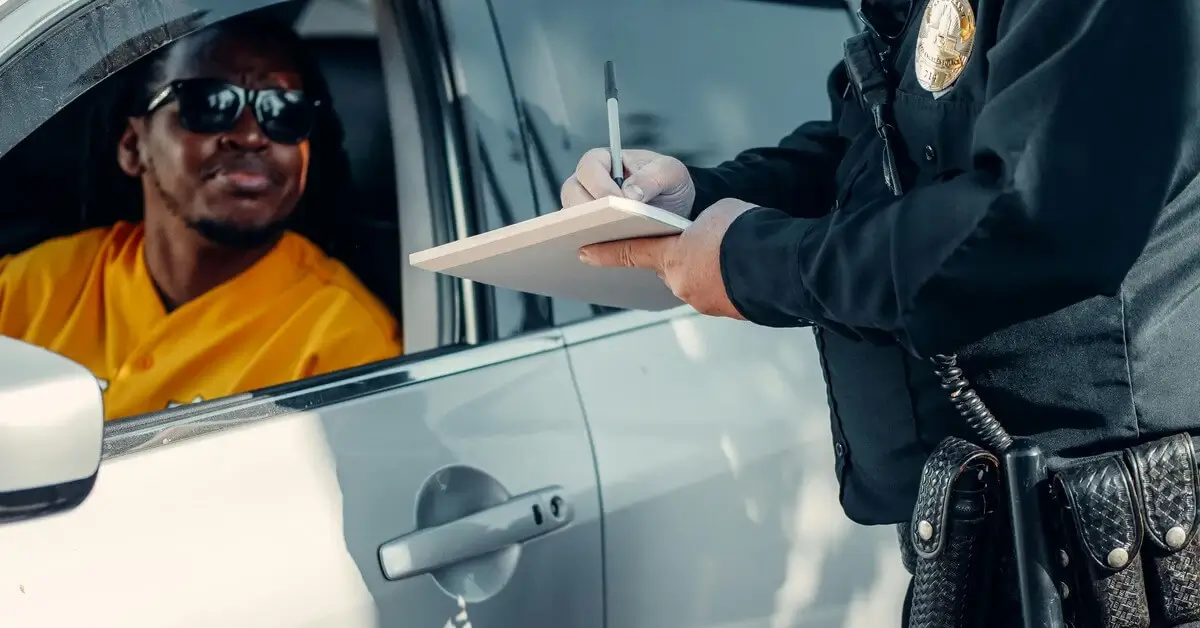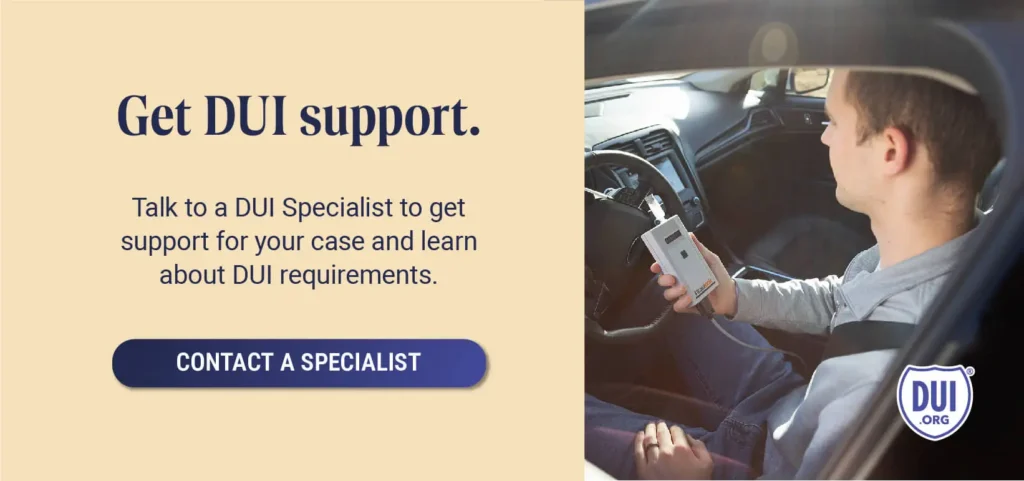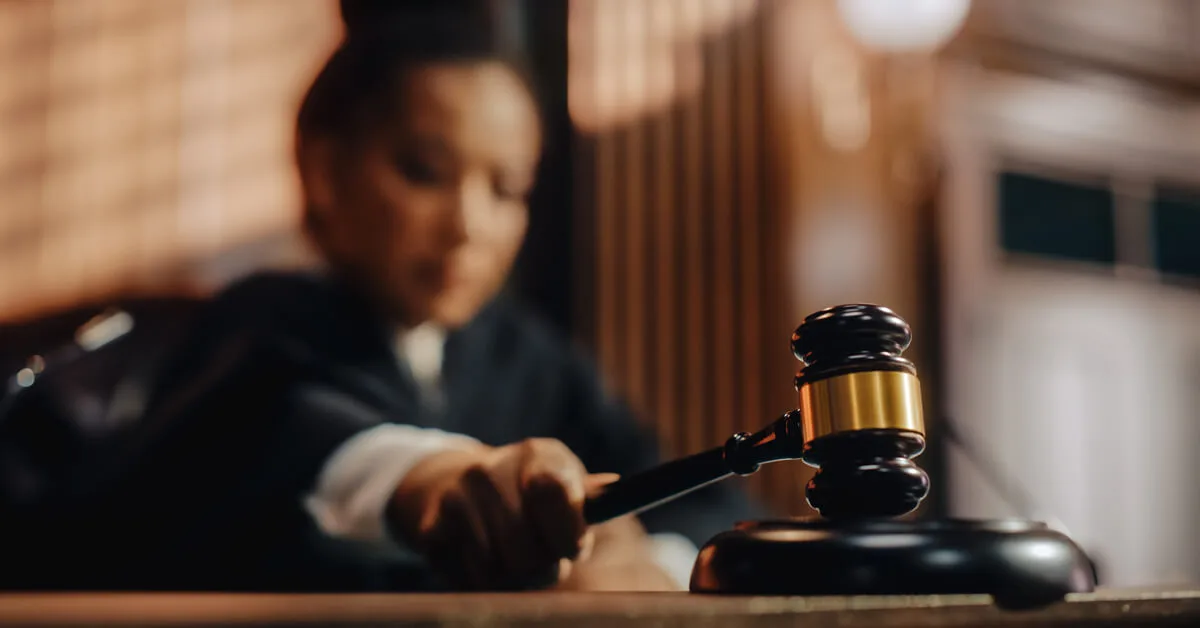For commercial drivers, maintaining a clean record is crucial. A DUI can lead to significant consequences, impacting both your personal and professional life, and even putting your career at risk.
Explore how a DUI can affect your Commercial Driver’s License (CDL), including stricter legal limits, immediate consequences, and long-term effects on employment. Whether you’re currently facing a DUI charge or seeking to stay informed, this guide will help you safeguard your career in commercial driving.
Understanding Legal BAC Limits for CDL Holders
Commercial drivers face stricter legal standards because they are responsible for operating large vehicles that require more precision and care.
Legal Definition of DUI for CDL
For CDL holders, the Breath Alcohol Limit (BrAC) limit is 0.04%. This lower limit reflects the increased responsibility of operating larger vehicles. A DUI charge can occur even if you’re not driving a commercial vehicle. For your state-specific information, visit your state’s driver administration website (e.g., DMV).
The Immediate and Long-Term Consequences of a DUI on Your CDL
Facing a DUI as a commercial driver is daunting, but understanding the consequences can help you prepare and minimize the impact.
License Suspension and Employment Impact
A DUI conviction has serious consequences for your CDL. Punishments vary by state, but typically follow a schedule close to this:
- First Offense: A one-year suspension of your CDL.
- Second Offense: Lifetime disqualification from holding a CDL.
- Transporting Hazardous Materials: Three-year suspension for a first offense.
These suspensions can affect your job and financial stability. Consider looking into restricted licenses to maintain employment during this period. Contact a DUI.org specialist for help satisfying IID and insurance requirements for a restricted license.
Long-Term Career Effects
A DUI on your record can hurt your future career. Many employers run background checks and may see a DUI as a risk. It could limit your job options and lead to higher insurance rates, making it harder to stay employed in the industry. For some, keeping a clean driving record is key to maintaining their career.
Legal Defenses and Mitigating a DUI’s Impact
Navigating the legal system after a DUI charge can feel overwhelming. However, there are strategies you, with the help of a DUI attorney, may employ to protect yourself and your career.
Navigating the Legal System
Facing a DUI charge as a CDL holder means you need to know your legal options. Legal representation plays a key role in defending against DUI charges. Attorneys can challenge the validity of the traffic stop or the accuracy of the breathalyzer test. They may also question the procedures followed during your arrest.
Reducing Penalties
Reducing the impact of a DUI charge involves several strategies. You can get a DUI attorney to help you implement these strategies.
- Negotiate Lesser Charges: Work with your attorney to seek a plea deal that reduces the severity of the charge.
- Complete DUI Education Programs: Enroll in state-approved DUI program to demonstrate responsibility and potentially reduce penalties.
- Community Service: Offer to perform community service as part of a plea agreement to lessen fines or jail time.
- Install Ignition Interlock Devices: Voluntarily installing an IID device can show your willingness to prevent future offenses and may lead to reduced penalties. A DUI.org state specialist can help you with this process.
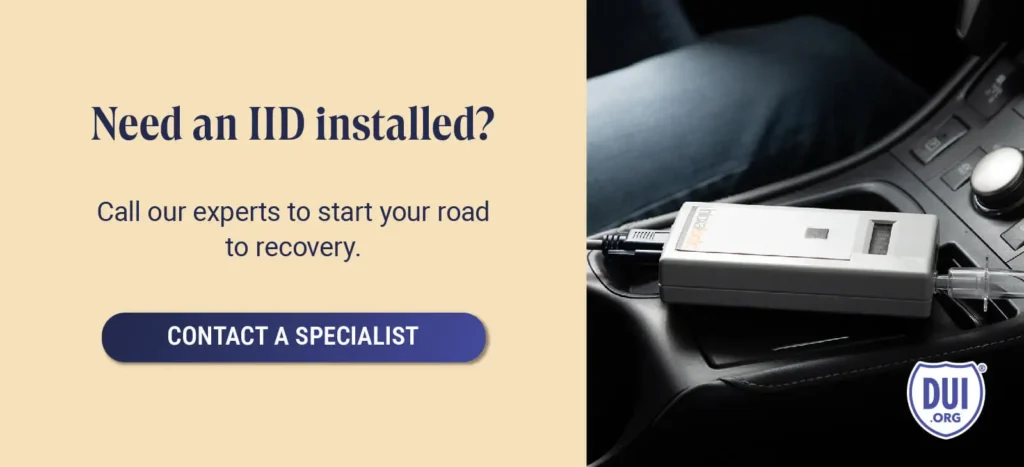
Road to Reinstating Your CDL
Reinstating your CDL can be challenging, but understanding the steps can help you get back to work faster.
Steps for Reinstatement
Reinstating your CDL after a suspension involves several steps. Each state may have specific requirements, but generally, your attorney can help you follow these steps:
- Serve the full suspension period.
- Pay any reinstatement fees.
- Provide proof of insurance (SR-22 or FR-44 if required).
- Pass written and driving tests.
- Complete DUI programs.
- Submit all required paperwork to the DMV.
Consider completing DUI classes as part of your reinstatement process. These classes not only fulfill legal requirements but also equip you with the knowledge to prevent future incidents.
Importance of Compliance and Documentation
Meeting all legal and regulatory requirements accurately is non-negotiable. So, make sure an attorney is by your side to help you ensure every document is complete and submitted on time.
Missing paperwork or deadlines can delay reinstatement, affecting your ability to return to work. Also, keep copies of all submissions and confirmations, maintaining a clear record of your compliance.
This proactive approach demonstrates responsibility and can facilitate smoother interactions with authorities.
Preventive Measures to Avoid Future DUIs
When it comes to DUIs, prevention is the best medicine. Here are a few simple steps you can take to help avoid a DUI and protect your CDL.
- Plan Ahead: Arrange for alternative transportation if you plan to consume alcohol.
- Stay Informed: Keep up-to-date with changes in DUI laws and CDL regulations.
- Monitor Health: Be aware of how medications or health conditions might affect your driving.
- Maintain Vehicle: Regularly check and maintain your vehicle to ensure it meets safety standards.
- Practice Defensive Driving: Stay alert and anticipate the actions of other drivers to avoid accidents.
Implementing these practices not only helps protect your CDL but also promotes overall road safety. For additional insights and answers to common DUI questions, DUI.org is your go-to resource.
Take Action with DUI.org
Call DUI.org for help installing the right ignition interlock device or finding affordable SR-22 or FR-44 insurance policy and take the first step toward overcoming your DUI.


